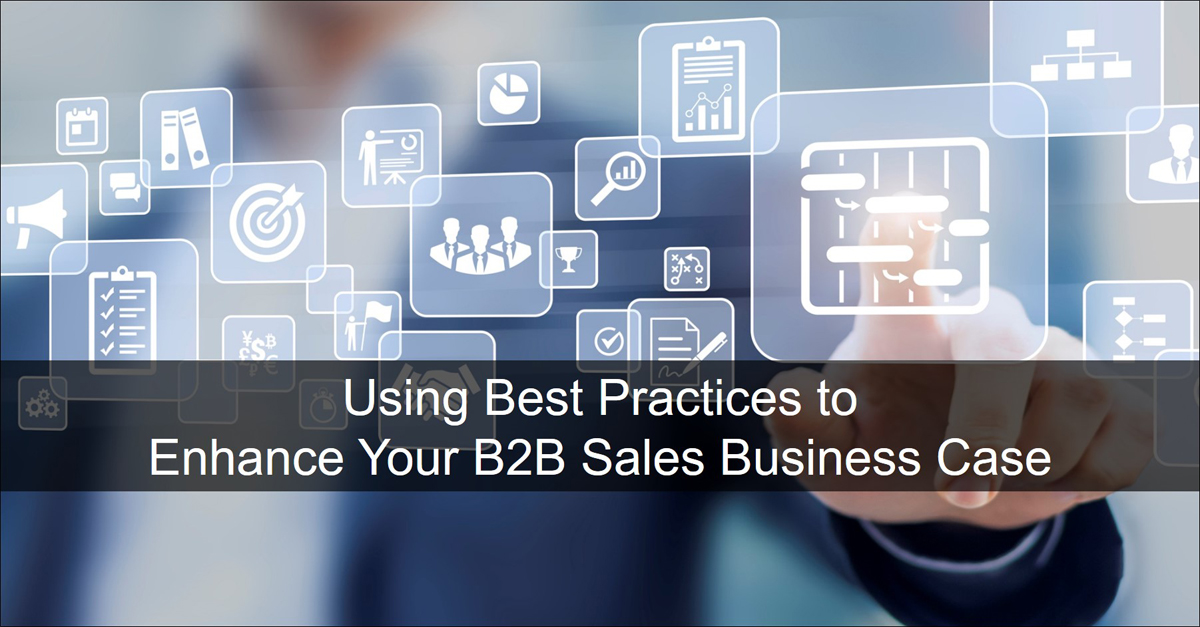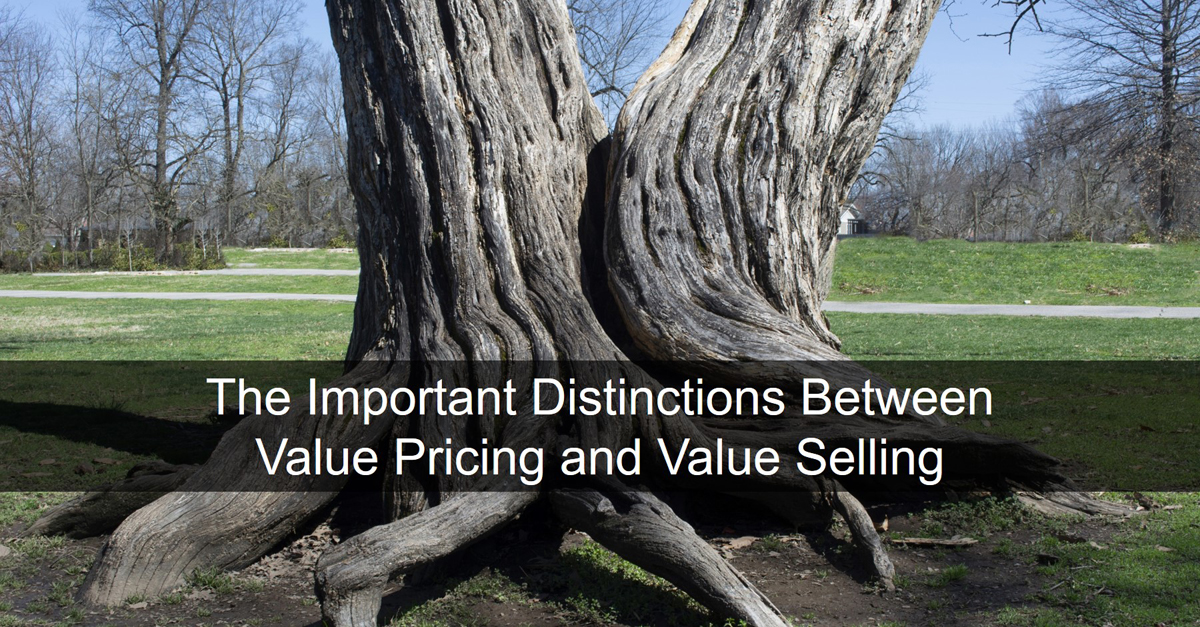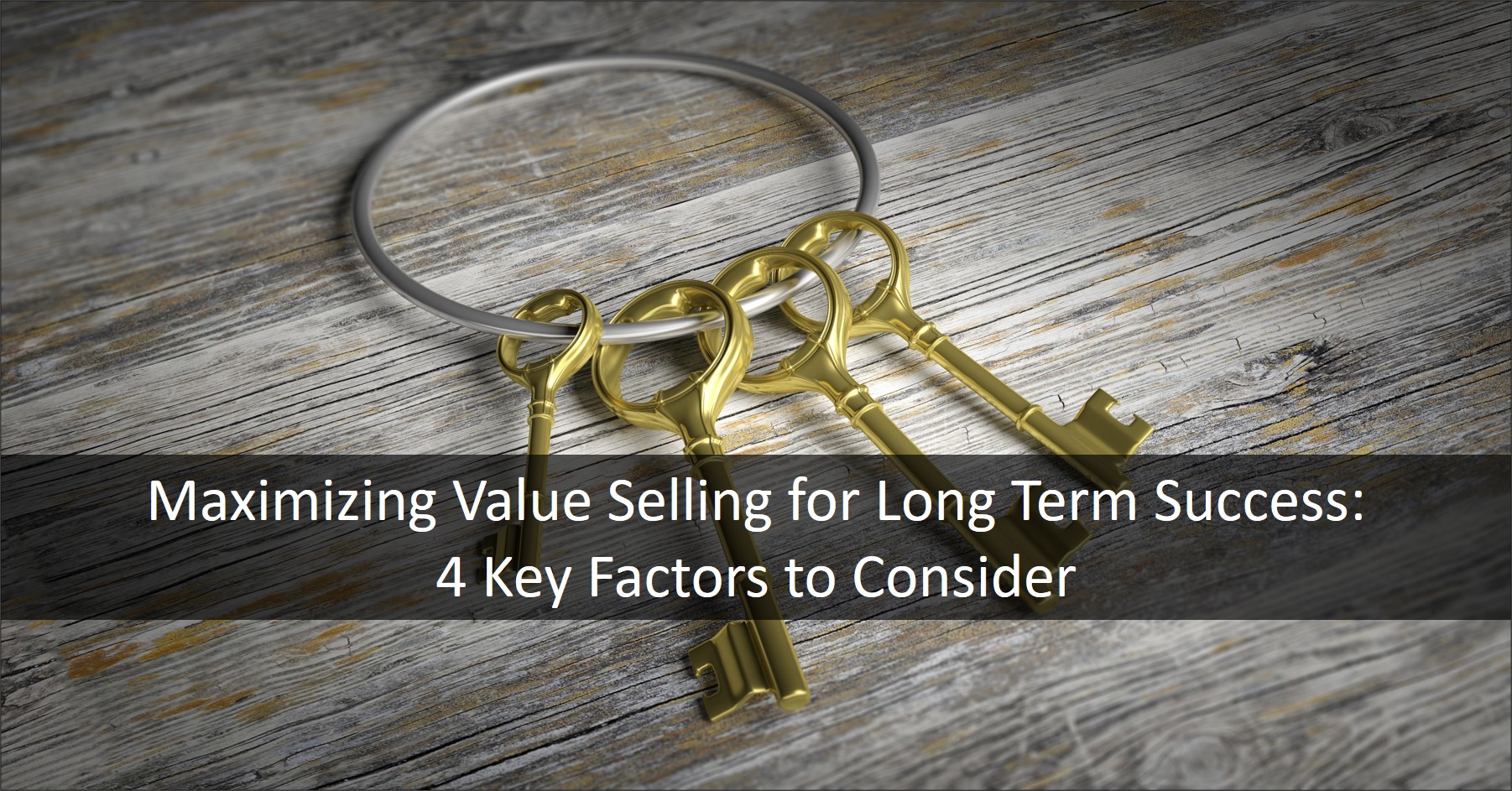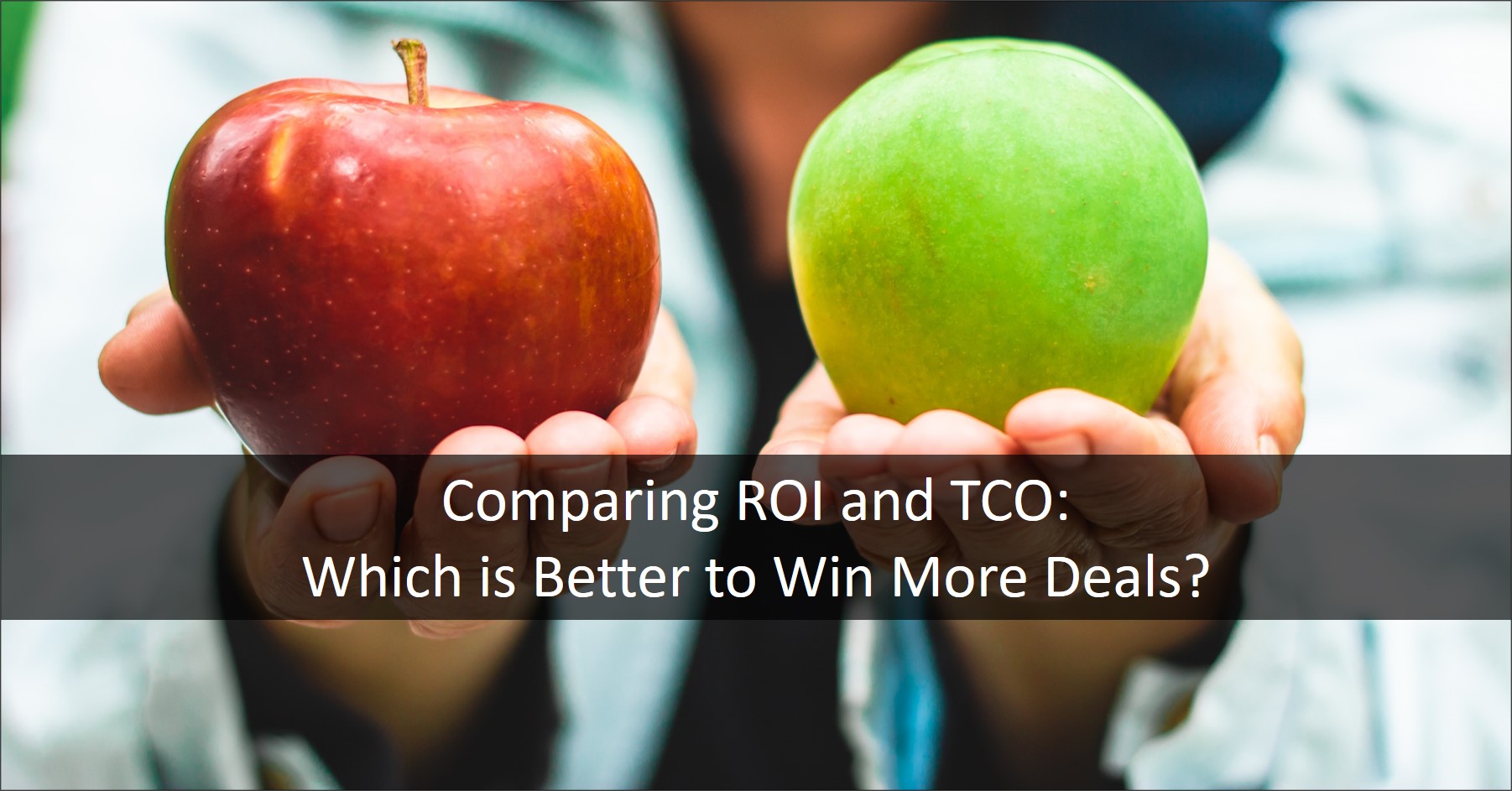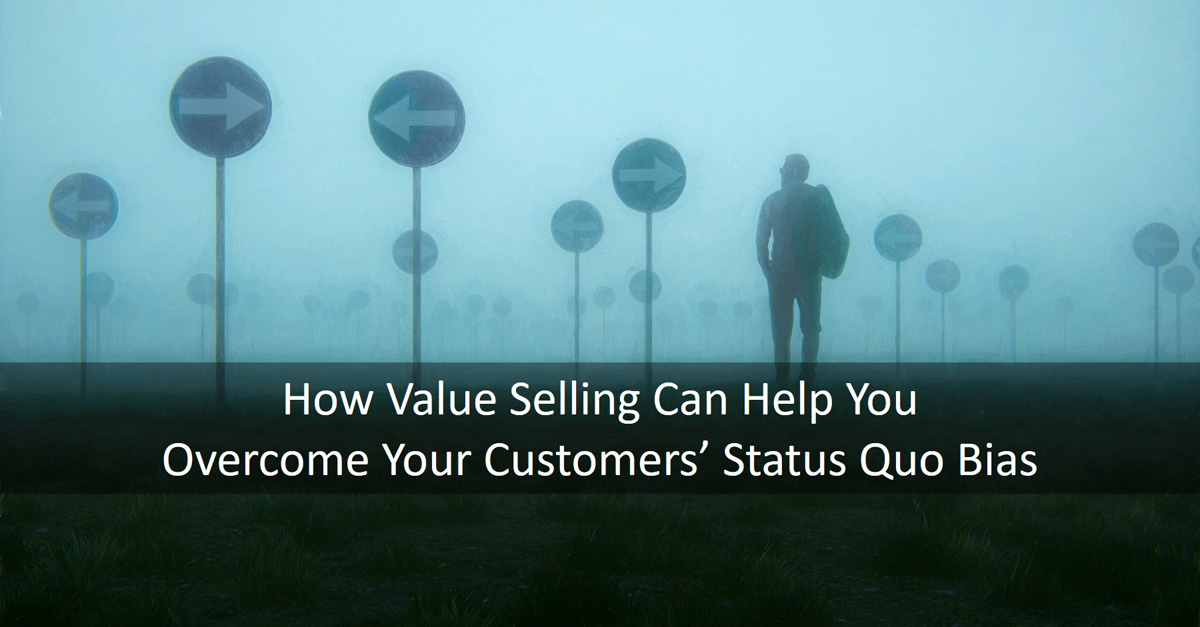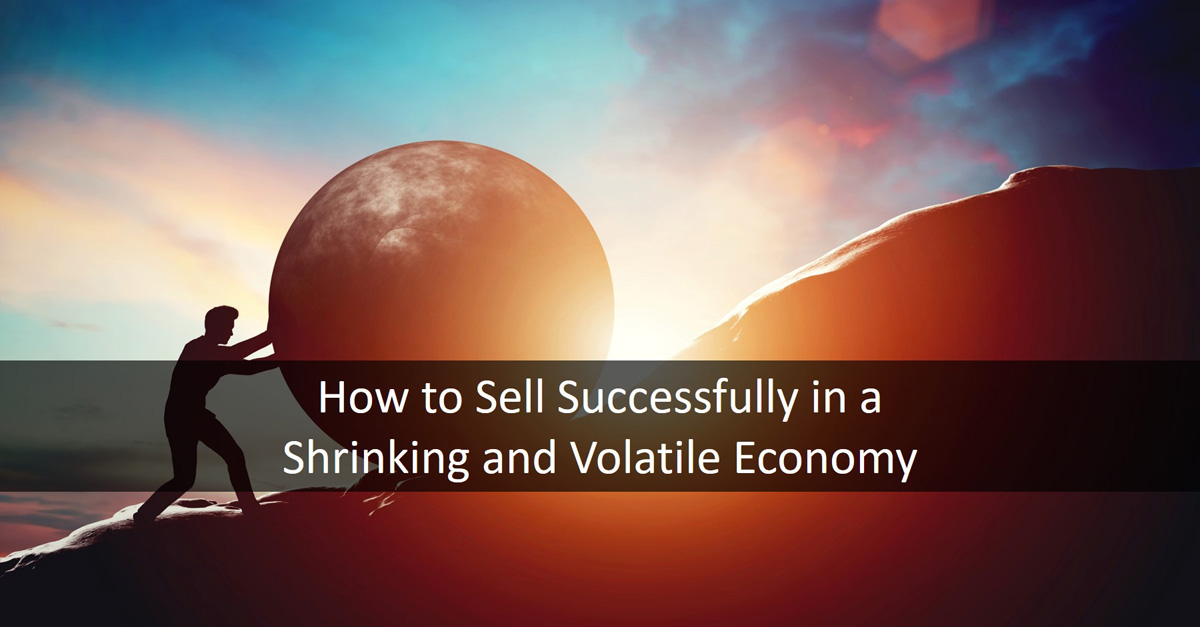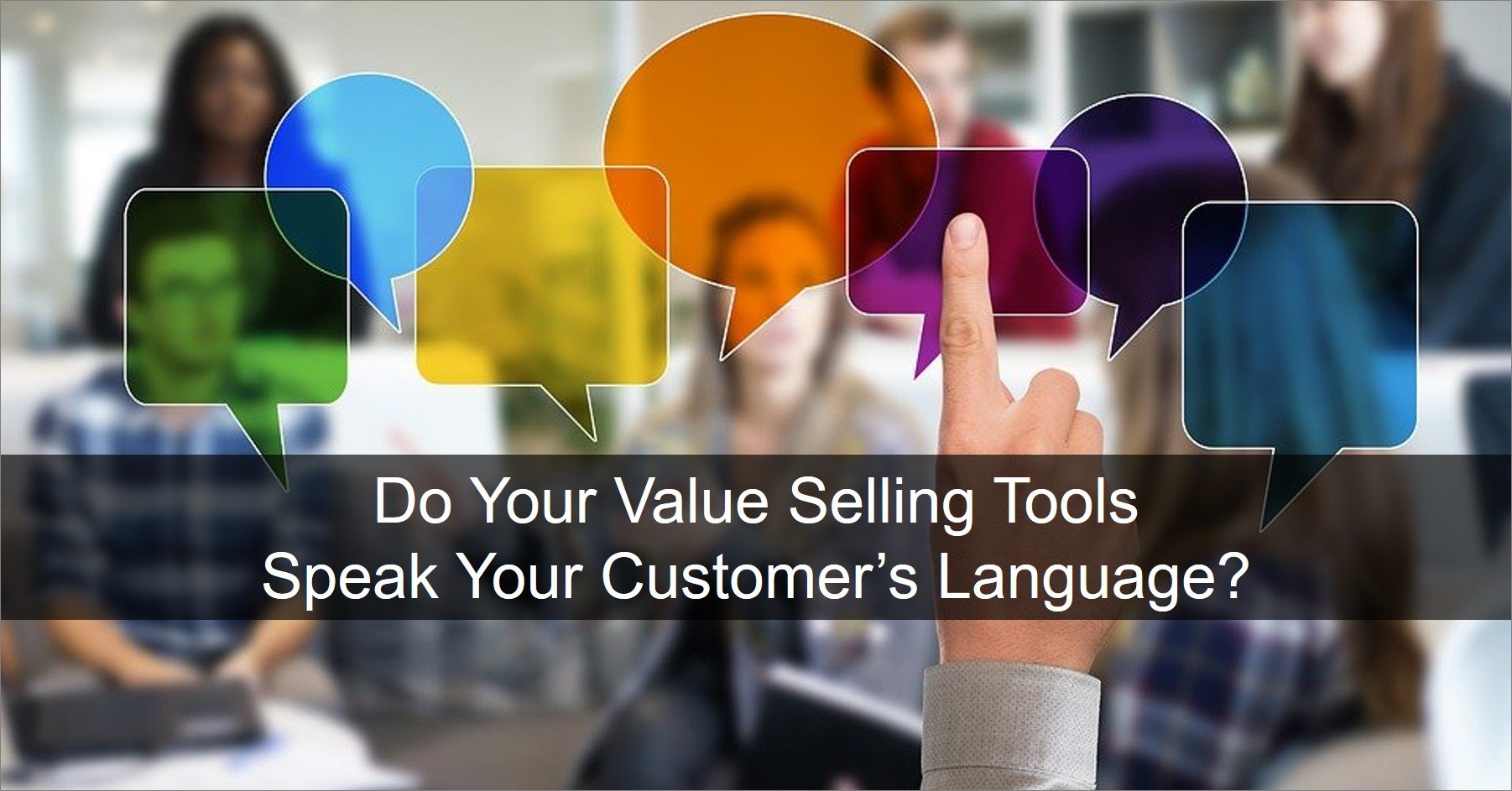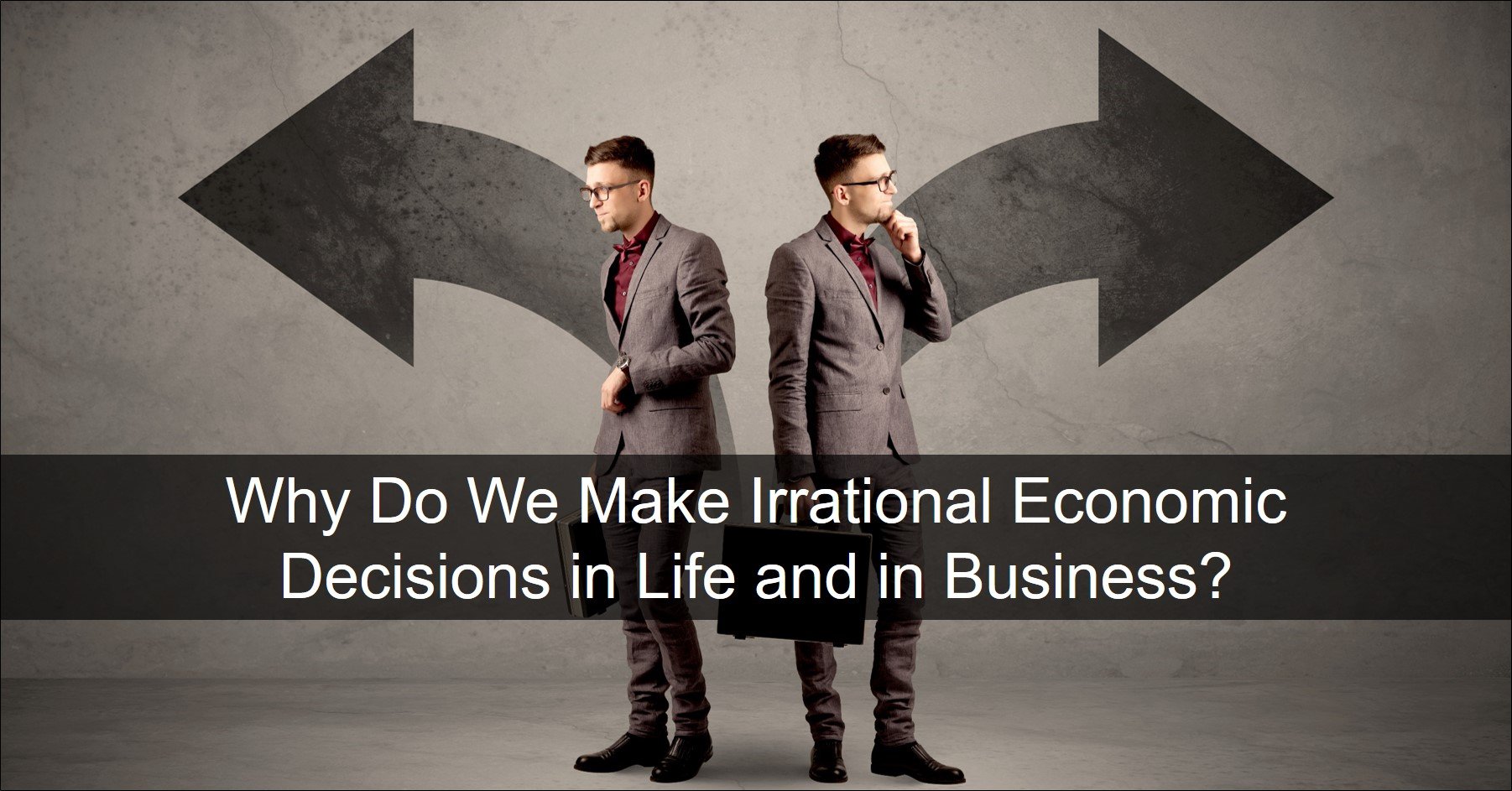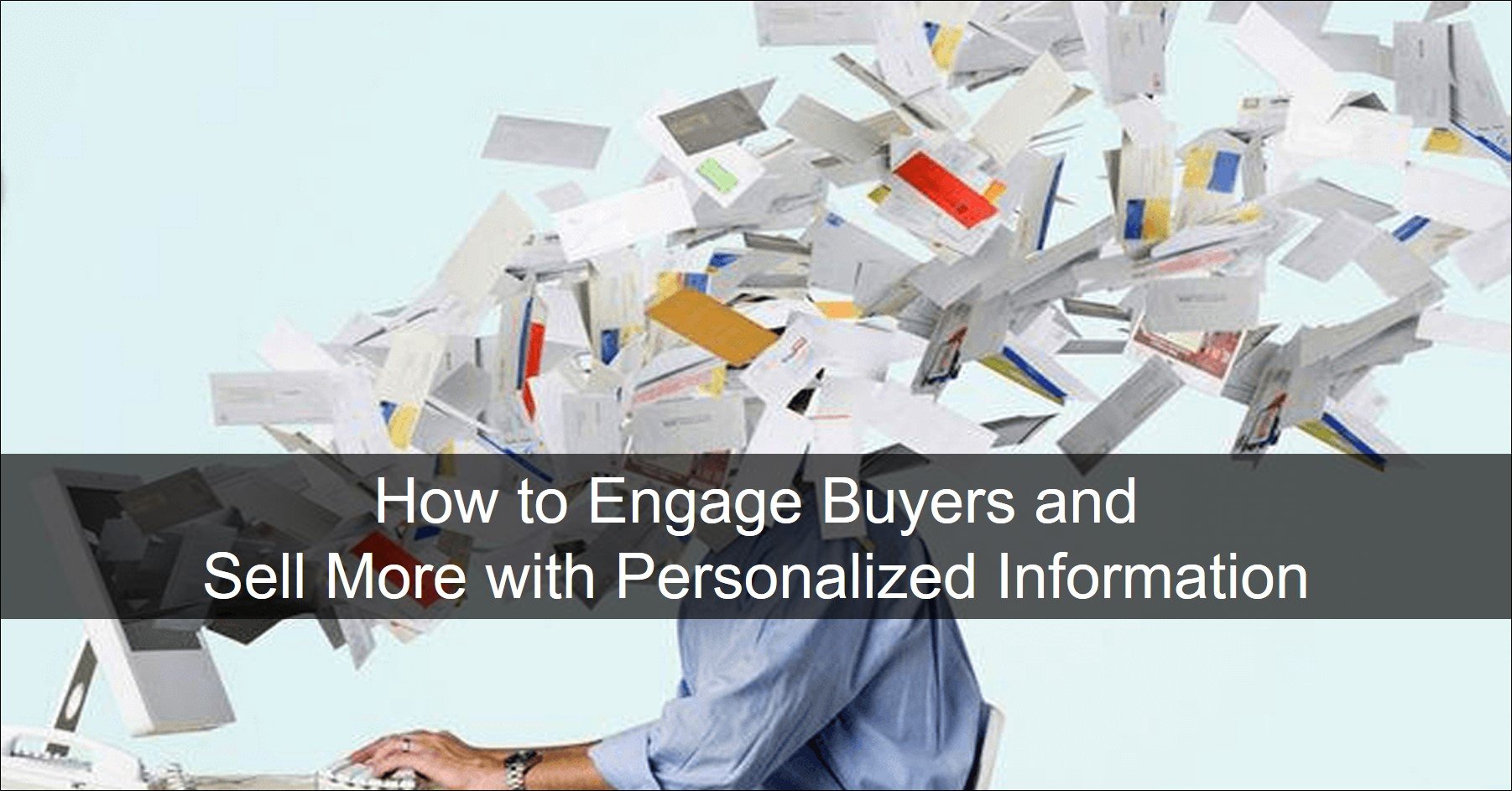Business-to-business (B2B) selling is complex, especially when justifying the price of a solution. Today’s buyers are increasingly discerning and value-driven, so B2B sellers must thoroughly understand their buyers' needs and their solution’s value. A value selling methodology and ROI tools can help.
I recently reflected on what might cause sellers to reassess their value pricing and value selling strategies in a changing economy. While both are rooted in value, value pricing and value selling use different tools with different purposes and reference sets. Let’s take a moment to review the basics.
Sales adoption is a crucial challenge to rolling out a successful value-based selling program. Beyond providing ROI tools, companies must also help the sales team embrace a new way of selling. You can understand and overcome these challenges using best practices gleaned from our 20 years of experience.
Building value selling content into your solution messaging and sales process requires a deep understanding of the difference between ROI and TCO analyses and the right use case for each. If used inappropriately, or not at all, you can lose credibility with customers and hurt your chances of closing deals.
In B2B buying decisions and consumer purchases, humans do not always make optimal or even rational economic decisions, as predicted by Rational Choice Theory. If this is true, why do we continue to preach value-based selling? The fascinating and evolving study of Behavioral Economics may hold the answers.


